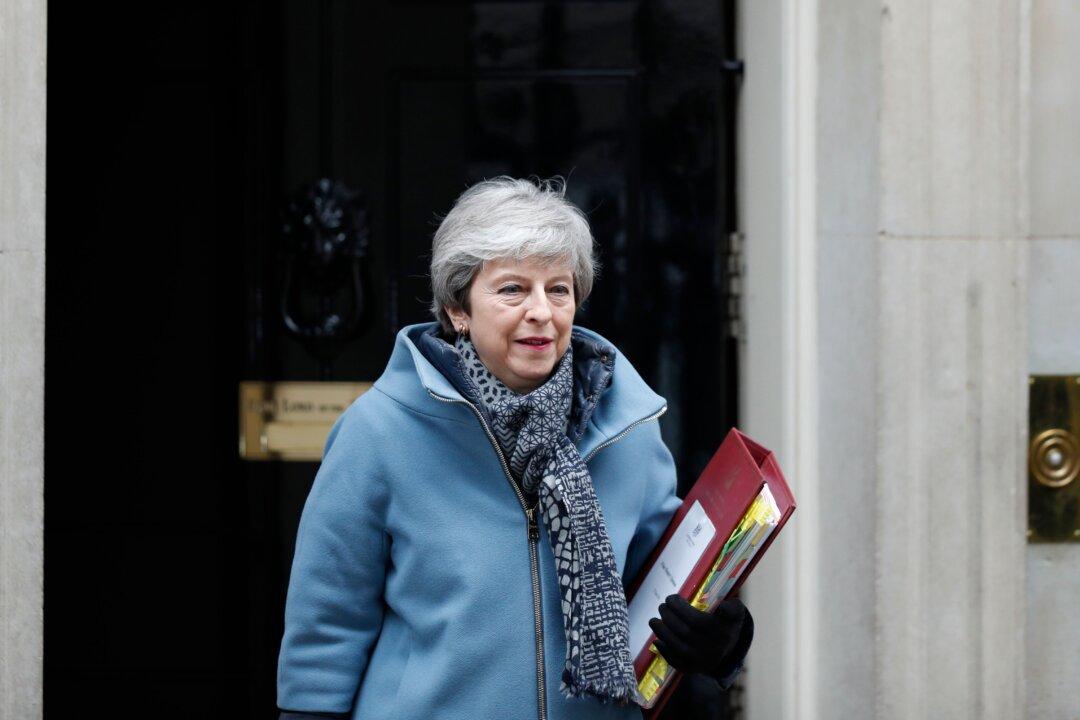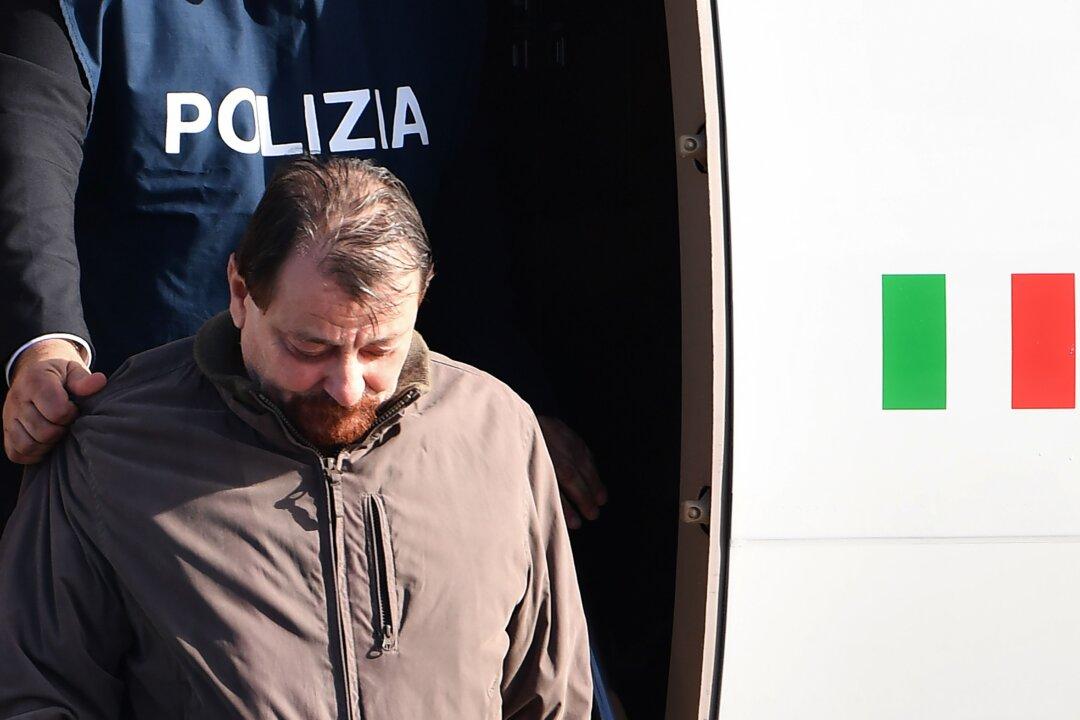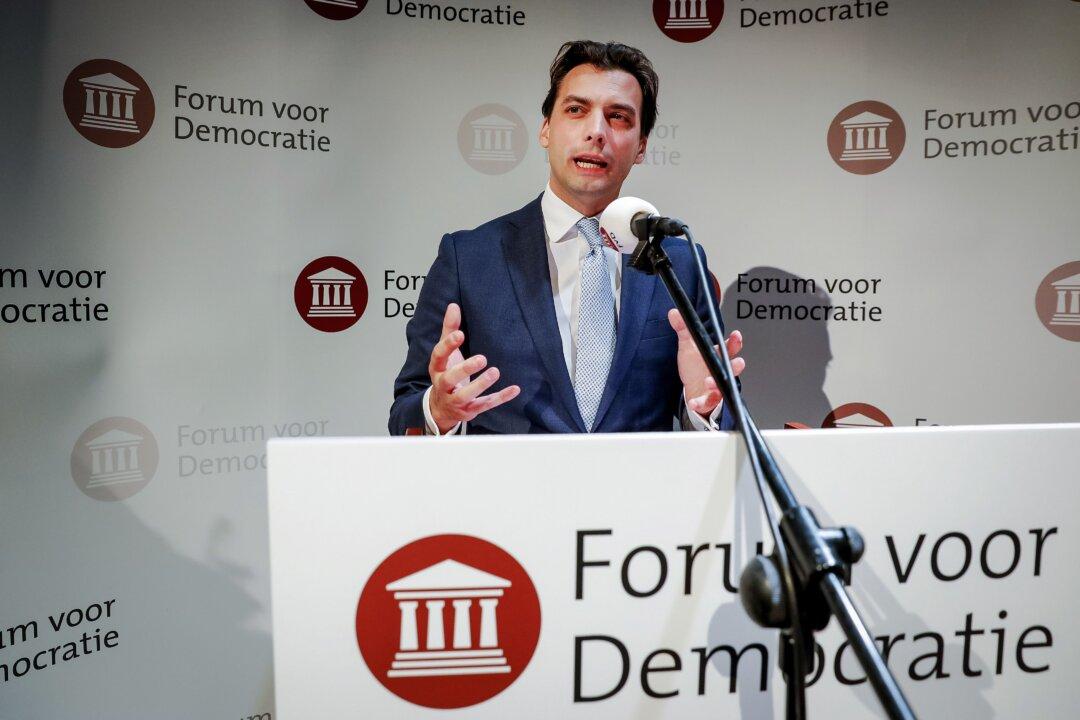Thailand’s first election since a military junta took power has been thrown into chaos following accusations of voting irregularities and cheating.
The Election Commission reported that the conservative Palang Pracharat Party had taken a surprise lead, with 7.6 million votes—more than half a million more than Pheu Thai, the party linked to former Prime Minister Thaksin Shinawatra. Thaksin’s sister, Yingluck, led the Pheu Thai government that was ousted in 2014 by the military.




